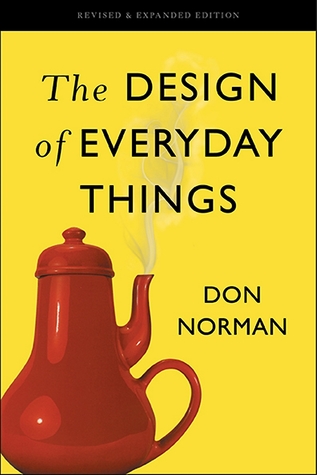Why Filipinos Should Read: ‘The Design of Everyday Things’
Have you ever encountered doors you don’t know whether to push or pull and ending up doing the wrong action? I’m fairly sure that many of us have, and in such occurrences, we normally blame ourselves, or somebody else, for the blunder. But is it really our fault.. or is it the door’s fault?
It may sound absurd for some to blame the door. But with the countless bloopers committed by many, it’s safe to say that bad doors, or the so-called Norman doors, are everywhere. So yes, we can free ourselves from guilt because that annoying door is the one at fault. However, it’s not fair to single out doors in particular as bad designs are ubiquitous.
Now as someone who occasionally got victimized by Norman doors, I sought for an explanation, as well as validation, that it was not my fault for making such a recurring mistake. So when I found the last copy on display of The Design of Everyday Things by Don Norman at the 2016 Manila International Book Fair, I picked it up and went straight to the counter.
First published as The Psychology of Everyday Things in 1988, The Design of Everyday Things was written by Don Norman (whom the Norman door is named after), a cognitive scientist and usability engineer. In the book, he talks about the subjects of behavioral psychology, ergonomics, design thinking and practice.
But don’t get intimidated by those scholarly terms as reading the book is not as hard as reading a quantum mechanics textbook. It doesn’t involve rocket science either, as Don Norman only reintroduces us to everyday things we thought we already knew about. More interestingly, the book explores our thought process and how it manifests in our actions.
So if you’re tired of getting confused on whether to pull or push a door or being riddled by the TV remote control, this book is for you. Let it help you find the answers to your questions of “What is wrong with me?” and “What is wrong with this world?”
Continue reading at Bookbed.org.
ThINQ is the Inquirer's attempt to highlight in the public space the distinct viewpoints contributed by bloggers covering a wide range of topics and issues.
If you'd like to be included in the ThINQ blogger network, e-mail sara.pacia@inquirer.net with the subject "ThINQ Membership" along with your blog's URL and topics your blog currently covers.




















